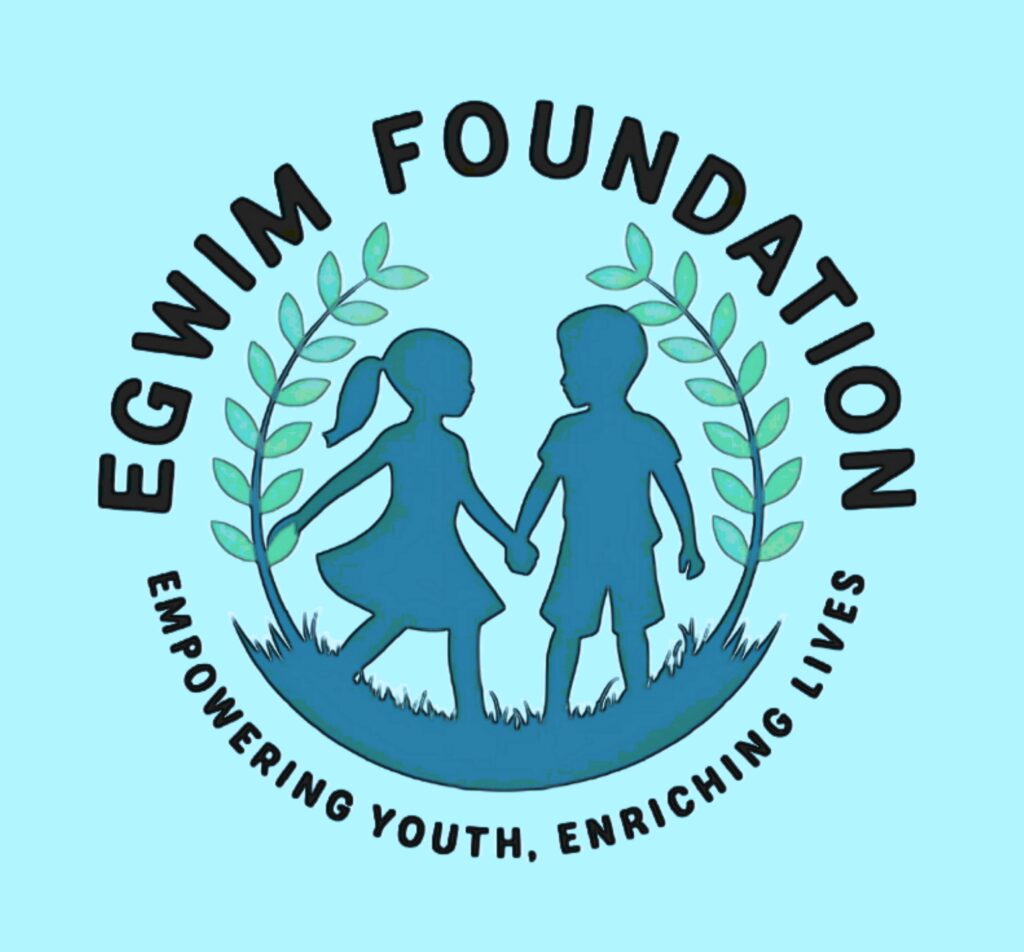
Education Grants in Africa: Unlocking Opportunities for the Future
Access to quality education remains one of the most pressing challenges in Africa. However, education grants are powerful tools for driving change, breaking the cycle of poverty, and fostering long-term development. This article delves into the myriad of education grant opportunities available in Africa, their impact on society, and how individuals and organizations can access these transformative resources.
What Are Education Grants?
Education grants are financial aid provided by governments, international organizations, non-profits, or private entities to support education initiatives. Unlike loans, grants do not require repayment, making them an essential resource for individuals, schools, and communities aiming to improve educational outcomes. These grants can fund tuition, infrastructure, teacher training, research, and other vital components of education systems.
The Importance of Education Grants in Africa
Education grants play a critical role in addressing several challenges that hinder educational progress in Africa, including:
- High Poverty Levels: Many families cannot afford school fees or related expenses, leaving millions of children out of school.
- Gender Disparities: Grants targeted at girls’ education help reduce gender inequality and empower women.
- Infrastructure Gaps: Funding improves school facilities, ensuring a conducive learning environment.
- Quality of Education: Grants facilitate teacher training and curriculum development, improving the overall standard of education.
Major Providers of Education Grants in Africa
1. Governmental Organizations
National governments across Africa allocate funds for education initiatives. For example:
- South Africa’s National Student Financial Aid Scheme (NSFAS): Provides financial aid for tertiary education to disadvantaged students.
- Kenya’s Constituency Development Fund (CDF): Supports local education projects, including bursaries for needy students.
2. International Organizations
Global institutions invest heavily in African education. Notable contributors include:
- UNESCO: Offers grants for educational development projects.
- World Bank: Funds large-scale education reform programs across the continent.
3. Non-Profit Organizations
Many NGOs focus exclusively on education grants, including:
- Education Cannot Wait (ECW): Supports education in emergencies and protracted crises.
- The MasterCard Foundation: Provides scholarships and grants for youth in Africa.
4. Corporate Social Responsibility (CSR) Initiatives
Corporations also play a vital role, offering education grants as part of their CSR programs. For example:
- Microsoft Africa: Provides grants for digital education and IT skills training.
- Coca-Cola Africa Foundation: Focuses on scholarships for underprivileged students.
Types of Education Grants Available in Africa
1. Individual Scholarships
These grants help students from low-income families access primary, secondary, or tertiary education. Examples include:
- The African Leadership Academy Scholarships: Covers tuition and boarding for gifted students.
- DAAD Scholarships for Africans: Supports postgraduate education in Germany.
2. School Improvement Grants
Funds are provided to schools to enhance infrastructure, purchase learning materials, or train teachers. Examples include:
- Global Partnership for Education (GPE) Grants: Focuses on improving education systems and school management.
- Save the Children Education Programs: Funds basic education projects in rural communities.
3. Research Grants
Designed for academic research and innovation, research grants foster knowledge creation and application. Examples include:
- African Research Universities Alliance (ARUA): Supports research collaboration among African universities.
- The Wellcome Trust Grants: Funds health and education research projects.
4. Community Education Grants
These grants support local education initiatives, such as adult literacy programs or early childhood education. Notable examples:
- The Aga Khan Foundation: Funds community-based education initiatives.
- Plan International: Focuses on education for marginalized communities.
How to Apply for Education Grants in Africa
1. Identify Suitable Grants
Research available grants that match your needs or objectives. Use online platforms, government portals, and NGO websites to find opportunities.
2. Prepare a Strong Proposal
A well-written proposal is crucial. Include clear objectives, a detailed budget, and expected outcomes. Tailor your application to align with the grant provider’s mission.
3. Meet Eligibility Criteria
Ensure you meet all eligibility requirements, such as nationality, income level, or area of study.
4. Submit on Time
Follow all instructions and submit your application before the deadline. Late submissions are often disqualified.
Success Stories of Education Grants in Africa
1. Transforming Rural Schools in Ethiopia
With funding from the GPE, schools in rural Ethiopia now have better facilities, trained teachers, and higher enrollment rates.
2. Empowering Women Through Education in Nigeria
The Malala Fund has provided grants that helped thousands of Nigerian girls access secondary education, significantly reducing the gender gap.
3. Advancing STEM Education in South Africa
Grants from Microsoft have equipped schools with state-of-the-art technology, fostering STEM education among students.
The Future of Education Grants in Africa
As Africa continues to grow, education grants will remain pivotal in shaping the continent’s future. Increased collaboration between governments, NGOs, and private sectors can amplify the impact of these grants. Furthermore, innovations in technology and digital learning open new avenues for grant utilization, making education more accessible to remote and underserved regions.
